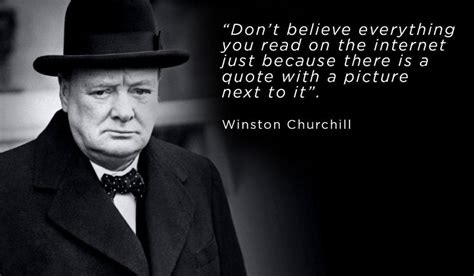In its 2021 report, Freedom House unsurprisingly found that authoritarian actors had grown bolder around the world, and freedom declined for the fifteenth year in a row. 2020 was a significant dip, however:
Government responses to the COVID-19 pandemic exacerbated the global democratic decline. Repressive regimes and populist leaders worked to reduce transparency, promote false or misleading information, and crack down on the sharing of unfavorable data or critical views. Many of those who voiced objections to their government’s handling of the pandemic faced harassment or criminal charges. Lockdowns were sometimes excessive, politicized, or brutally enforced by security agencies. And antidemocratic leaders worldwide used the pandemic as cover to weaken the political opposition and consolidate power.
There is a lot that can be written about the debacle of the COVID response. No doubt I will have something to say about it. What is noteworthy though is that the downturn in freedom was a consistent tendency long before the nations of the earth conspired to become overtly autocratic.
I think that there are several reasons for that. Among other things:
We have rejected divine revelation as the basis of truths not only about God but about human nature, and in turn ignored it as the source of human understanding and human flourishing. How many would now agree with Francis Bacon when he wrote, ‘truth… is the sovereign good of human nature’?
In its place we have adopted social constructivist views of human nature, mostly adopted from postmodern literary theorists. For these theorists, appeals to the truth and logical argument are not the perennial basis of human flourishing, but inventions of the Enlightenment used to oppress and dominate. This has led many to speak of a ‘crisis’ in the university for decades. As with most academic discussions, people only start paying attention when the ideas have consequences - like those we are now seeing. Just wait till we see the fruit of posthumanism…
We are no longer taught the laws of thought in school, and therefore do not hold those in authority to any higher authority than their office. We don’t want to understand the authorities, we want to be mollified by them.
We have uploaded all authority to the state, thereby attacking every lesser form of authority as if they had none. We have ignored what the Dutch Neo-Calvinists call sphere sovereignty and Catholic social teaching calls the principle of subsidiarity. Many see the two as compatible if with different nuances.
The intense specialization of our day - not just the jargon of literary theory but the microspecialisms of science - renders many fields of expertise utterly opaque to common sense.
We increasingly use internet search engines to determine truth. But search engines use algorithms to match and rank searches according to criteria that are not actually revealed to the public. We need to remember that these companies aren’t in the knowledge business, they are in the marketing business, and you are their product. While algorithms give us probability, not truth, almost everyone is satisfied that the answers to areas of significant complexity of importance are as reliable and unquestionable as the amswer to your question ‘where is the nearest Starbucks?’ The answers we receive will match our desires.
The combination of these factors constitute a collective assault on authority, which is rather ironically perpetrated by those in authority.
It is rather remarkable, given what I have just written, that the term ‘fake news’ has now become an open concern of both the media and national governments.
In 2017, the inventor of the World Wide Web, Tim Berners-Lee claimed that fake news was one of the three most significant new disturbing Internet trends that must first be resolved, if the Internet is to be capable of truly ‘serving humanity.’ The other two new disturbing trends that Berners-Lee described as threatening the Internet were the recent surge in the use of the Internet by governments for both citizen-surveillance purposes, and for cyber-warfare purposes.
What Berners-Lee ignores is the possibility that the three ‘disturbing trends’ have the same source, and serve the same agenda. Canada’s Bill C-11 is a case in point.
There are many varieties of logical fallacies. But an ‘appeal to authority’ is surely the most popular one of our day. Appeals to authority fallaciously claim that a statement is true if it originates from an authority figure.
Given the collective assault on the very basis of authority perpetrated by the factors listed above, those Christians who appeal to Romans 13: 1-7 to ignore their own area of sovereign jurisdiction and responsibility are not necessarily being faithful.
We will find out whether they are when we insist that we hear the truth from our public officials. Otherwise we are just virtue-signalling.
Similarly, without a return to inculcating sound religion on the basis of the authority of Scripture, and the rigorous teaching of logic in schools, we can be certain that our society will continue its slide into totalitarianism. A culture of freedom cannot stand without a culture of truth.










As a homeschool parent I would love to hear how you recommend we equip our kids regarding logic skills (we already study scripture and emphasize its authority). Since our own skills are weak, this can be a family learning opportunity. I appreciate the points you make about search engines. We are sadly unaware of how much authority we give away to technologies and the commercial enterprises that bring them to us. We have a lot of faith invested in them. My frustration also lies in suppression of truth, as in (for example) pharmaceutical companies doing research studies on their own products and declaring them safe. How are we to discern all this while just trying to live our lives?